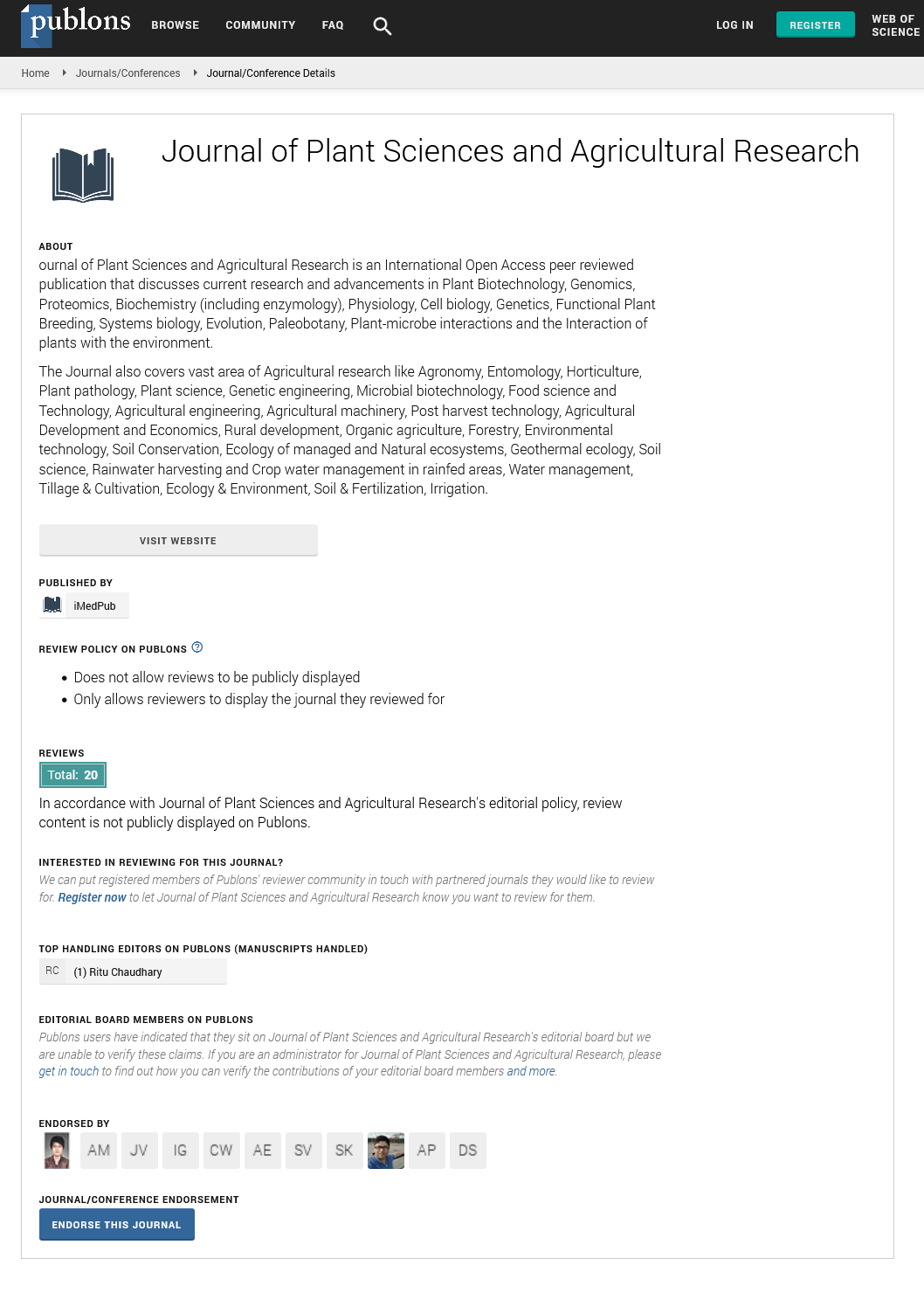Abstract
Assessment of Farmers Perceptions on the Status of Astripomoea Hyscamoides (Kongwa Weed) Invasiveness in Central Tanzania
Interference of land use by weeds particularly in grazing and crop lands has increasingly reduced the agriculture productivity. In this article, we assess farmers’ and other key stakeholders’ perception on the status of A. hyscamoides invasiveness in terms of effects and possible control approaches. A combination of three Focused Group Discussions, interviews with 10 key informants and 90 household through systematic random sampling techniques were used to collect data on farmer’s perception about the weed effects and possible control measures. Results indicated that the weed cover has increased for the past 5 years. The majority of the farmers (75%) agree that the weed has negative effects while 25% of the farmers considered it to have both positive and negative consequencesthe positive impact related to the fact that the weed can serve as feed. Similarly farmers were also aware of the source of spread which includes animals such as cattle and high rainfall. On the other hand, findings revealed little initiative toward control of the weed. However, farmers were positive to contribute towards the control of the weed through sustainable land management strategies or integrated weed management approaches, if relevant technical assistance is offered. In addition, there is a need of baseline data for monitoring the direction of spread and abundance in order to strategically control further invasions and select appropriate management options in the already affected areas.
Author(s): Boniphace Nkombe, Anthony Sangeda, Kallunde Sibuga and John Hermansen
Abstract | Full-Text | PDF
Share This Article
Google Scholar citation report
Citations : 135
Journal of Plant Sciences and Agricultural Research peer review process verified at publons
Abstracted/Indexed in
- Google Scholar
- Publons
- Secret Search Engine Labs
Open Access Journals
- Aquaculture & Veterinary Science
- Chemistry & Chemical Sciences
- Clinical Sciences
- Engineering
- General Science
- Genetics & Molecular Biology
- Health Care & Nursing
- Immunology & Microbiology
- Materials Science
- Mathematics & Physics
- Medical Sciences
- Neurology & Psychiatry
- Oncology & Cancer Science
- Pharmaceutical Sciences
